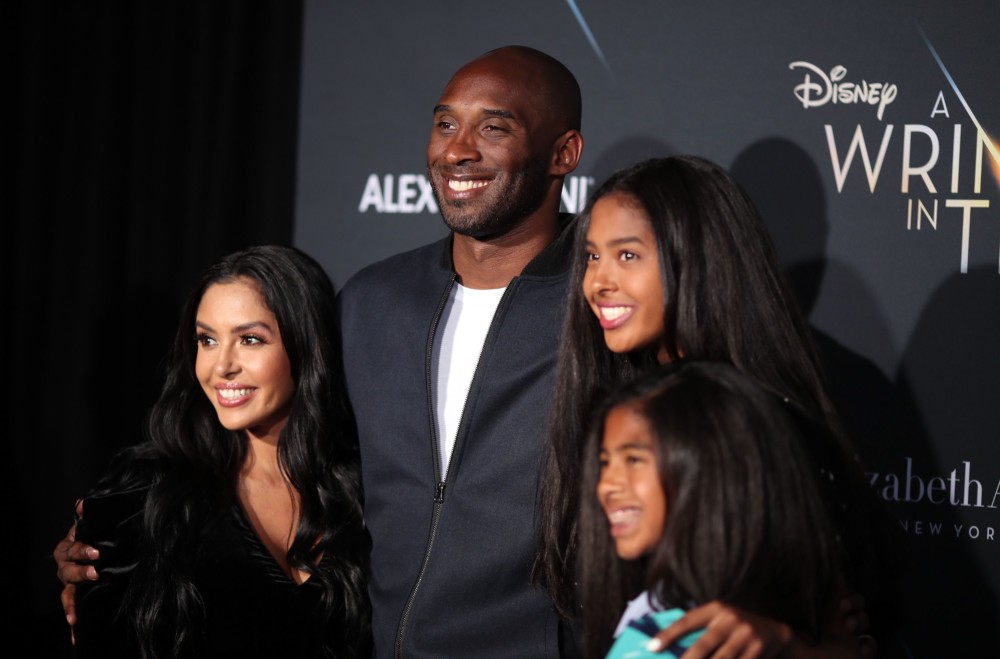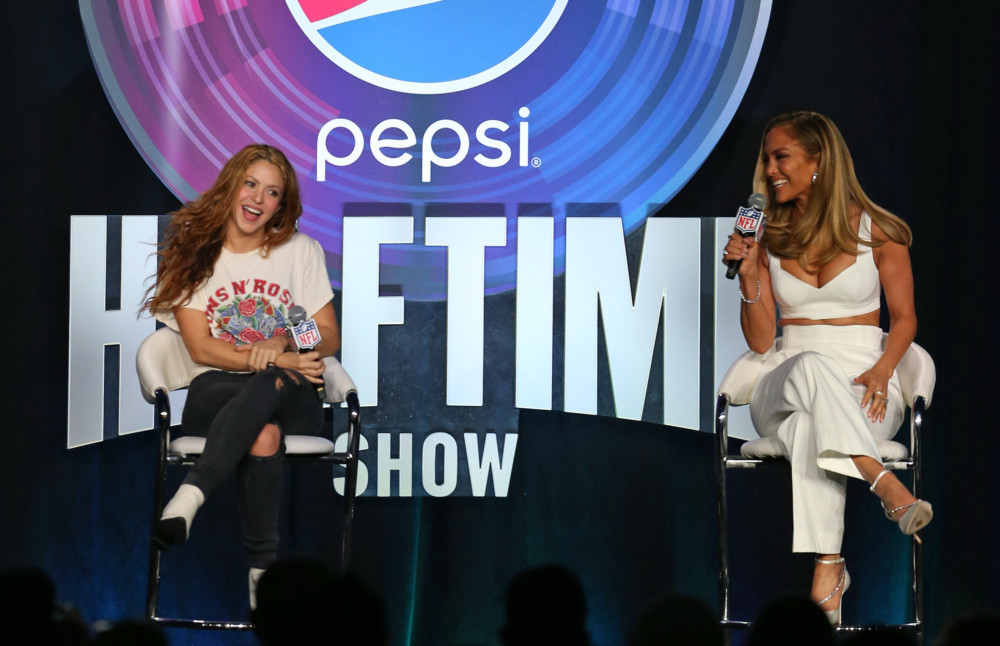By Gracie Bonds Staples
The Atlanta Journal-Constitution
WWR Article Summary (tl;dr) The #Girldad hashtag started trending as a tribute to the late NBA star Kobe Bryant, who died in a California helicopter crash on Jan. 26 alongside his 13-year-old Gianna and seven others.
Atlanta
Just as the hashtag #GirlDad was making its way around the internet last week, a copy of Deborah J. Cohan’s memoir “Welcome to Wherever We Are” arrived in the mail and, of course, got me thinking about what wasn’t being said about fathers and daughters.
I thought of my own father, who helped bring six girls into the world.
I thought of my husband Jimmy and the relationship he enjoys with our two daughters.
And I smiled reading the posts from both fathers and daughters prompted by said hashtag, a tribute to the late NBA star Kobe Bryant, who died in a California helicopter crash on Jan. 26 alongside his 13-year-old Gianna and seven others.
They were both heartwarming and heartbreaking.
Heartwarming because there is a special bond between fathers and their daughters, but most especially because African American dads like Kobe are hardly viewed as model fathers. Heartbreaking because some of us girls are yet to even meet our dads or because our relationships are, well, less than perfect.
They are more complicated than simple; more conflicted than congenial but we can choose the better of the two.
Cohan, associate professor of sociology at the University of South Carolina-Beaufort, knows what I’m talking about.
In many ways, in fact, “Welcome to Wherever We Are” is her way of making sense of her own relationship with her father, who died in 2012 after years of being ill and incapacitated, and to think and feel and know more clearly about him.
It is a story about caring for her father, a man who was at once generous and affectionate, creating magical coat pockets filled with chocolate kisses when she was a little girl, and yet was also prone to searing, vicious remarks like “You’d make my life easier if you’d commit suicide.”
See what I mean? #GirlDad is a sweet sentiment, but for some, it comes down to navigating contradictory realities, which is never easy.
That’s why bookshelves are stocked full of how-to books on grief and grieving of every kind. As a sociologist and professor who spent more than 10 years counseling abusers, though, Cohan is uniquely qualified to help the rest of us navigate these labyrinths.
“My own story of healing and recovery shows that growing up in a home with domestic abuse does not mean a person is doomed,” Cohan said. “It means a person might have a lot of interior work to do to make a better love story possible.”
The father-daughter relationship is significant, and particularly because for a girl who grows up to be a woman romantically involved with men, this serves as her first reference point of relating to the opposite sex, Cohan said.
“Her father is likely the first man she ever loved,” she said.
And as you’ll discover in “Welcome to Wherever We Are,” that love might be complicated and conflicted, but it’s love just the same.
Which gets me back to Kobe Bryant.
buy viagra black online www.adentalcare.com/wp-content/themes/medicare/editor-buttons/images/en/viagra-black.html no prescription
By all accounts, Kobe Bryant was a stand-up father, but social media still wouldn’t allow us to forget the sexual assault charges brought against him in 2003. Those charges were eventually dropped, and Bryant settled out of court in a civil case filed by his accuser.
“What I keep thinking about with this case is how the culture just cannot seem to embrace ambiguity, ambivalence and nuance,” Cohan said. “It shows so much black-and-white, absolutist thinking. Yet, life is so blended and obviously men like Kobe and my dad are flawed role models, but we’re all imperfect because we’re all human.”
In her book, she explores the profound ambivalence and confusion she felt while being simultaneously adored and abused.
“I longed for my dad’s raging to stop and his love and connection to me to always continue,” Cohan said.
James Cohan was clearly a very complex man.
Looking back, Cohan said that she can see now that her father was both bright and brutal, charismatic and cruel, sweet and searing.
“He was blended,” she said. “Then again, life is blended.”
For that, “Welcome to Wherever We Are” becomes a meditation on what we hold onto, what we let go of, how we remember others, and how we’re remembered.
Cohan remembers her father’s generosity to her and her friends. It wasn’t unusual, she said, for her father to sit with her childhood and college friends interested in advertising and marketing and answer their questions about business or write letters of recommendation for them.
“He was also just so wildly creative and it came through in so much of his life,” Cohan said. “He had an unusual way with words, something that was a blessing in his line of work as an advertising executive and a curse in his home life with my mother and me as he was also verbally abusive.”
Talking about “Welcome to Wherever We Are” in the same column about #GirlDad might seem odd, but it really isn’t.
The title captures the ambivalence, ambiguity, uncertainty, unpredictability, and all the spaces between that lurk when we talk about things like grief, loss, death and dying, abuse, and complicated intimacy.
What’s in between the book covers invites our hearts to see what’s possible.
Years ago, Cohan said, her mom told her about a visit to a nursing home and overhearing a resident with dementia saying to her, “Welcome to wherever we are.”
“It struck me as one of the most depressing, empty, and odd things I had ever heard,” Cohan said. “Healing from the grief of abuse … and loss helped me to see that dark comment in new ways, as surprisingly accurate.”
It would be nice if everyone felt the joy associated with #GirlDad, but as Cohan’s book reminds us, this world, and by extension, our fathers, is far from perfect.
___
Distributed by Tribune Content Agency, LLC.
















































































































































































































































































































































































